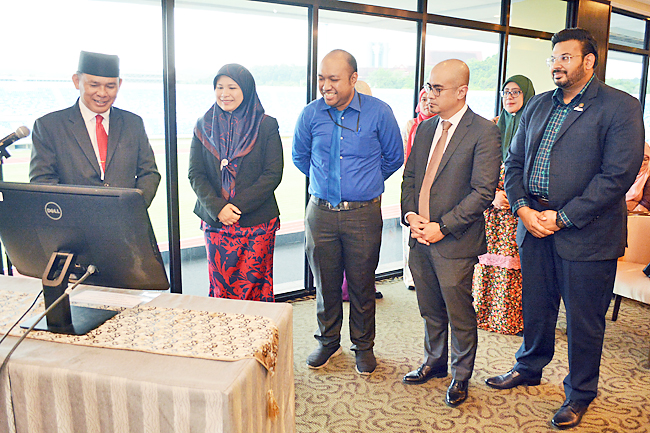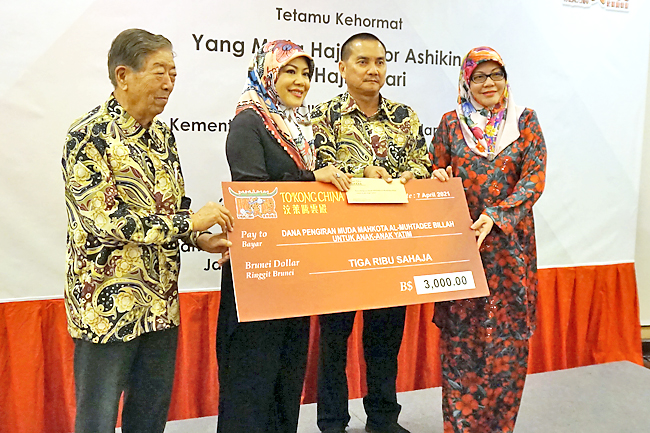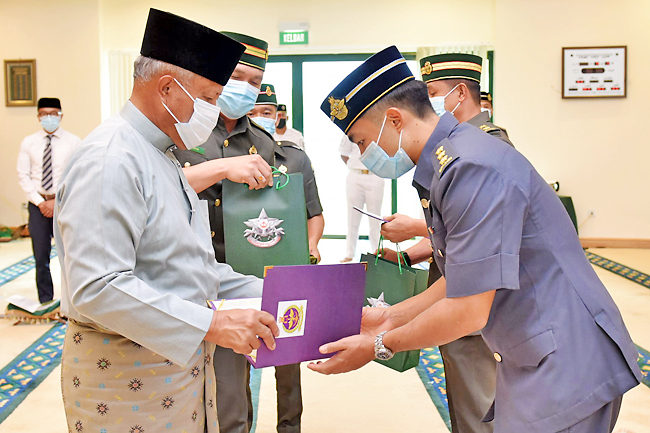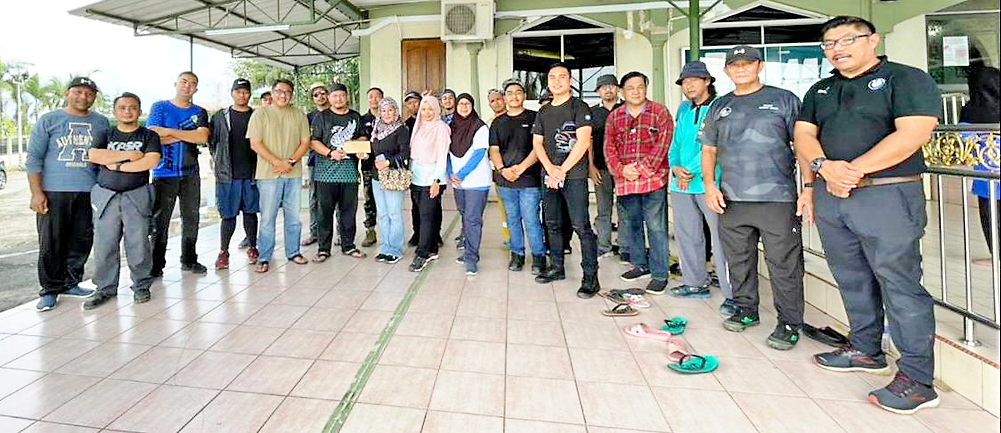James Kon
The temporary pause in the use of the AstraZeneca vaccine for the National COVID-19 Vaccination Programme will not impact the target of vaccinating 70 per cent of the population by the end of the year, said Public Health Specialist, Disease Control Division at the Ministry of Health (MoH) Dr Justin Wong.
In an interview with the local media yesterday, he said, “We do have other vaccines on the way. And if the findings of the review states that it is unusable, we will source for available alternatives.
“We have put a temporary pause on its use, due to reports from different regions on blood clots associated with the AstraZeneca vaccine.
“It is important to bear a number of things in mind. Firstly, this is the process that we are going through where safety issues are taken into careful consideration. If things look a bit uncertain, we will have no hesitations about pausing the roll-out and acquiring more data to evaluate. This is part of the process, so it’s not unexpected.
“This is also the reason why we have different vaccine options in Brunei. Having several vaccine options gives us a choice, so the government has implemented its procurement strategy this way.
“With regards to AstraZeneca, we found that there were a number of reports from various regions, on similar issues, if not exactly the same.”
Dr Wong said, “When we receive such reports, the committee will check if this is due to chance or natural causes, because people do suffer from organic blood clots or clotting disorders.

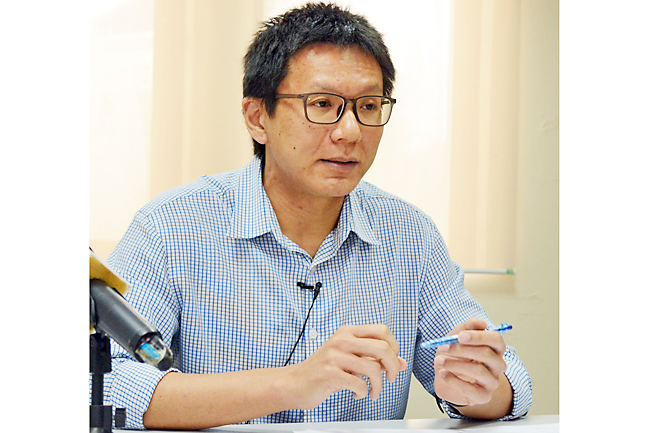
“Cases of clotting are extremely rare. The rate of occurrences is one in a million people. In the meantime, we will see if this is affecting a specific gender or age group. If we can identify any possible links, then this vaccine will not be used for certain groups. This could be one outcome.
“We could also look at the review data and determine that the benefits outweigh the risks. There is no harm of putting a temporary pause, as the vaccine rolls out.
“In Brunei, more than 2,000 individuals have received their first dose of the AstraZeneca vaccine, but we have not seen anything to suggest clotting disorders.
“The vaccine is safe, but we want to reassure ourselves and the public, so it would be better to put things on a temporary pause. The team will be working hard to acquire and compile data in evaluating the vaccine. We don’t want to hold off and prolong the process, as we want a good answer.”
When asked about whether this would affect public confidence on vaccination, he replied, “The Bruneian public is more mature and wise. They will see that the MoH has acted proactively, in taking the initiative to pause the vaccine even though we have just begun the rollout.”
Consultant Geriatrician and Physician and Chair of the Brunei Darussalam Pharmacovigilance Advisory Committee Dr Teo Shyh Poh added, “This is not the first time that we have put a pause on medication during rollout.
“As soon as concerns on safety and quality arise, we will put a pause to the acquiring or usage of the medication. We will just source out other alternatives.
This is the most publicised case, since the COVID-19 vaccine is in the mass immunisation programme. This is a normal process, in terms of monitoring and safety for medication and vaccine.”
On the monitoring of Adverse Events Following Immunisation (AEFI), Dr Teo said, “The Brunei Darussalam Pharmacovigilance Advisory Committee was established in 2018. In 2019, we had training from the World Health Organization (WHO) to specifically monitor vaccine safety surveillance.
“Since then, we have actually been planning on how to monitor vaccine safety in Brunei, which is quite opportune, because of the recent implementation of the vaccination programme.
“In terms of AEFI surveillance, there are a few things that we want to monitor. We need feedback from the public and also from healthcare professionals, about potential symptoms that we think could be attributed to the vaccine. On the BruHealth app, there is a slot where you can report symptoms a week after receiving a dose of the vaccine.
“Whether they have symptoms or otherwise, we would like members of the public to fill up the form.”
Dr Wong said, “Naturally people will be a bit cautious and fearful when they encounter some side-effects. It’s very reassuring that most of the side effects are mild and transient. If you do experience arm pain or a headache, the best thing to do is practise basic healthcare like we would on a day-to-day basis, such as taking some Panadol. If the side-effects last longer than two days or are unusual, then it’s best to see a doctor.”

